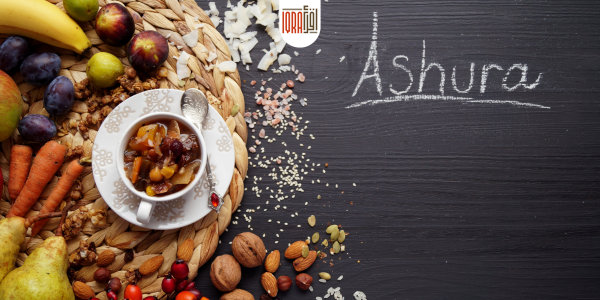In a fast-paced world filled with challenges and uncertainties, finding solace and contentment can be a daunting task. However, for Muslims, the path to inner peace often begins with a simple yet profound practice: gratitude. In this blog post, we will explore the significance of gratitude in Islam and how it can transform your life. Join us on this enlightening journey as we delve into the teachings of Islam, discover the blessings of gratitude, and explore how you can incorporate this practice into your daily life.
The Essence of Gratitude in Islam
At the heart of Islamic teachings lies the concept of gratitude (shukr), which is deeply rooted in the Quran and Hadith. Gratitude is the act of acknowledging and appreciating the countless blessings bestowed upon us by Allah (SWT). It is an attitude of the heart that cultivates contentment and draws us closer to our Creator.
Gratitude as a Form of Worship
In Islam, gratitude is not merely a sentiment; it is a form of worship. When we express gratitude for the blessings in our lives, we are, in essence, acknowledging Allah’s benevolence. The Quran emphasizes this in numerous verses, such as Surah Ibrahim (14:7), which states, “If you are grateful, I will surely increase your favor; but if you deny, indeed, My punishment is severe.”
Here, Allah promises to increase His blessings upon those who are grateful. This verse highlights the reciprocal nature of gratitude in Islam. When we express gratitude, we open the doors to even more blessings from Allah.
Practical Ways to Cultivate Gratitude
Now that we understand the importance of gratitude in Islam, let’s explore some practical ways to incorporate this practice into our lives:
- Daily Reflection: Take a few moments each day to reflect on the blessings you have received. Consider keeping a gratitude journal to jot down things you are thankful for. This simple act of reflection can significantly boost your sense of gratitude.
- Prayer and Du’a: Incorporate expressions of gratitude into your daily prayers and supplications (du’a). Thank Allah for His blessings and seek His guidance in remaining grateful.
- Helping Others: Extend your gratitude by helping those less fortunate. Acts of kindness and charity not only benefit others but also deepen your sense of appreciation for the blessings you enjoy.
- Avoiding Complaining: Make a conscious effort to refrain from complaining about life’s difficulties. Instead, focus on finding solutions and maintaining a positive attitude.
- Mindful Consumption: Be mindful of what you consume, whether it’s food, material possessions, or information. Consume with gratitude, knowing that these blessings are gifts from Allah.
External References
To further enrich your understanding of gratitude in Islam, consider exploring the following reputable sources:
Join Our Journey Towards Gratitude
As you embark on your journey to embrace gratitude in Islam, we invite you to explore the comprehensive programs and courses offered by IQRA Network. Our platform is dedicated to enhancing your Islamic knowledge and spiritual growth. Take the first step towards a more fulfilling life by signing up for our programs today: Sign Up Now.
Enrich Your Understanding
If you’re eager to deepen your knowledge of Islamic principles and teachings, browse through our diverse range of courses at IQRA Network: Explore Courses.
In conclusion, gratitude in Islam is not just a polite gesture; it’s a transformative practice that can elevate your spirituality and enrich your life. By adopting an attitude of gratitude, you can navigate life’s challenges with resilience and find peace in the midst of adversity. Join us on this incredible journey of self-discovery and spiritual growth, and may your heart overflow with gratitude.





0 Comments
Oops comments are disabled